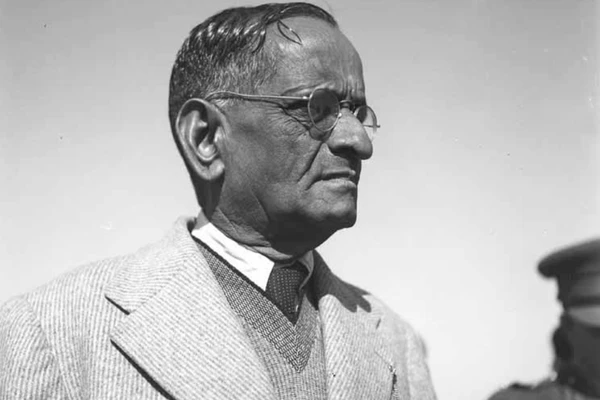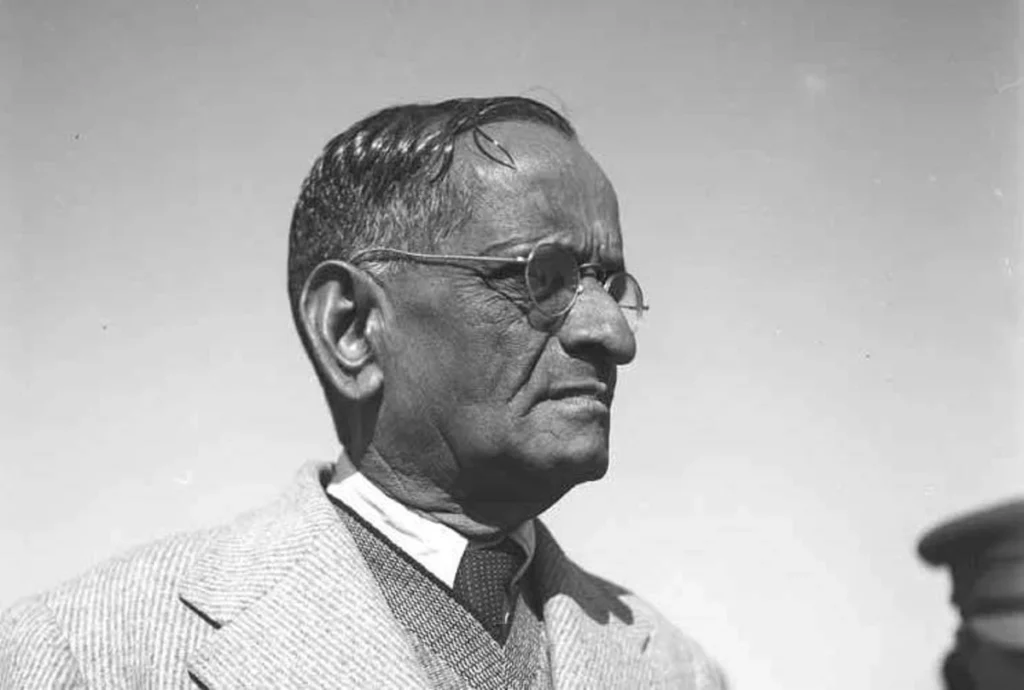Narasimha Gopalaswami Ayyangar, born on March 31, 1882, in Tanjore, Madras, was a prominent figure in India’s history, serving as Diwan of Jammu and Kashmir and playing a pivotal role in the drafting of India’s Constitution.
About Narasimha Gopalaswami Ayyangar:
- Narasimha Gopalaswami Ayyangar was born on March 31, 1882, in Tanjore, Madras.
- He studied at Wesley School and later at Presidency College, Madras.
- He served as District Collector and Member of the Board of Revenue in the Madras Civil Service.
- He was appointed as the Diwan (Prime Minister) of Jammu and Kashmir in 1937.
- He was elected to the Council of States from 1943 to 1947.
- He was elected to the Constituent Assembly by the Madras Assembly.
Early Life
- His educational background included notable institutions like Wesley School and Presidency College.
Role in India’s Independence Movement
- Known for his administrative abilities.
- His political contributions began with his role as Prime Minister of Kashmir.
- He implemented reforms in education, industry, rural development, the Forest Department, and the tourism sector of Kashmir.
Contribution to Constitution-Making
- Part of the seven-member Drafting Committee of the Indian Constitution.
- Played a crucial role in shaping Article 370, defining the special relationship between the state of Jammu and Kashmir and the Indian Union.
Later Contributions
- Served as a minister without a specific portfolio in Jawaharlal Nehru’s cabinet between 1947-48.
- Led the Indian delegation at the United Nations for the Kashmir dispute in 1948.
- As Minister for Railways and Transport from 1948 to 1952, he was instrumental in regrouping the Indian Railways into six zonal systems, leading to surplus earnings.
- Served as Defence Minister from 1952 to 1953.
- Represented India in Kashmir negotiations at the Geneva talks in 1952.
Writings
- Authored the “Report on Reorganization of the Government Machinery” in 1949, which contributed to the formation of several key committees by the Union Government.
Values
- Promoted values of secularism, patriotism, and objectivity.
Ref:Source
| UPSC IAS Preparation Resources | |
| Current Affairs Analysis | Topperspedia |
| GS Shots | Simply Explained |
| Daily Flash Cards | Daily Quiz |



